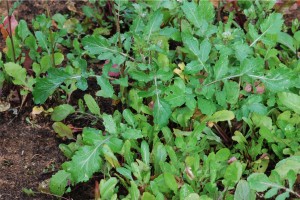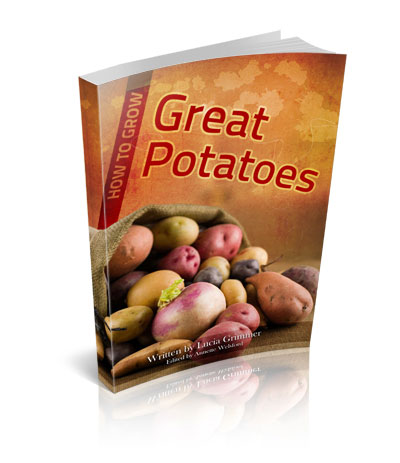Rocket will add Zing to any Salad … and it’s Easy to Grow at Home
Rocket has become an immensely popular salad ingredient in recent years. Also known as arugula, it is has a delicious slightly peppery taste that is guaranteed to add that little bit of extra zing to any salad or sandwich.
Rocket, like Asian greens, belong to the brassica family, and as such is an edible annual plant. It grows in clusters producing round-edged dandelion-looking leaves that are dark green and smooth. The leaves can be harvested on an ongoing basis and will continue to thicken and grow, provided the plants are well watered.
Rocket is easy to
grow from seed, ideally in cool conditions. In the heat of summer it will tend to shoot and go to seed. The central stem will then produce buds that open to form little white, nondescript flowers. The secret is to chop off the stems before the buds actually flower – unless of course you want to collect some seed or encourage some of the plants to self seed.
Different types of Rocket
Wild rocket – commonly called perennial wall-rocket but botanically part of the Diplotaxis tenuifolia species – is, not from the same family as the rocket we generally use for salads. It is native to both Europe and Western Asia and is in fact a member of the mustard family. Although it is also used in salads, it is considered in Europe to be a “common weed”.
Funnily though, the famous 19th century English physician, Nicholas Culpeper, who produced his famous Complete Herbal in 1826, identifies no less than nine different types of rocket! He also separates wall rocket and wild rocket. The different types he identifies are:
- Rocket cress, which looks like a hedge-mustard and so is probably not a true rocket. It also has small yellow, rather than white flowers and grows during the English summer.
- Annual rocket cress, another plant that produces yellow flowers, is a smaller type of “cress” and is probably also related to the mustard family. He recommends the juice of this type for the treatment of asthma, as well as for coughs and colds.
- Dwarf rocket cress, an uncommon low-growing plant he spotted on Putney and Barnes Common. Leaves are pale green and flowers white. He recommends it as an addition to spring salads and for “bread and butter” (in other words sandwiches – try adding some tomato for colour and additional taste). He also says it is a “cure” for urinary diseases.
- Garden rocket, which has yellow-white coloured flowers and leaves with dark-purple veins. Similar, he says to hedge-mustard, this is whatpeople would grow in their gardens. Flowering in late summer, he recommended it for coughs, asthma and various diseases of the lungs.
- Large-flowered rocket, which has bigger flowers than usual and lots of stalks which are pale green in colour. Leaves are pinnate and grow in an irregular manner up the stalk. This doesn’t seem to be related to the rocket we grow today since the seeds are formed in long pointed pods.
- Purple sea rocket, which while useful for curing a variety of ailments from jaundice to dropsy, “asthmas” and both stomach and lung problems, he says tastes hot and bitter and has a “disagreeable” smell.
- Wall rocket, that often grows up old walls and also in rubbish in Anglesea and on Cumberland’s Walney Island. Other descriptions are similar to that of the large-flowered rocket, including the pod.
- Wild rocket, which has long narrow leaves with “cuts and jags” on both sides and is a “sad green colour”. Warning people not to use this type of rocket unless they know what they are doing, Culpeper does say it has some amazing abilities. It is, he says, very hot and bitter in taste.
- Winter rocket, or winter cress, is another yellow-flowering plant, and one that self sows itself. It is said to be good for scurvy and for internal cleansing.
While it isn’t easy to see which of these matches the rocket we love to eat today, it just goes to show that “rocket” as a plant has been around in a variety of forms for a very long time.
Tags: Asian greens, Complete Herbal, Nicholas Culpepper, rocket, rocket cress, salad












